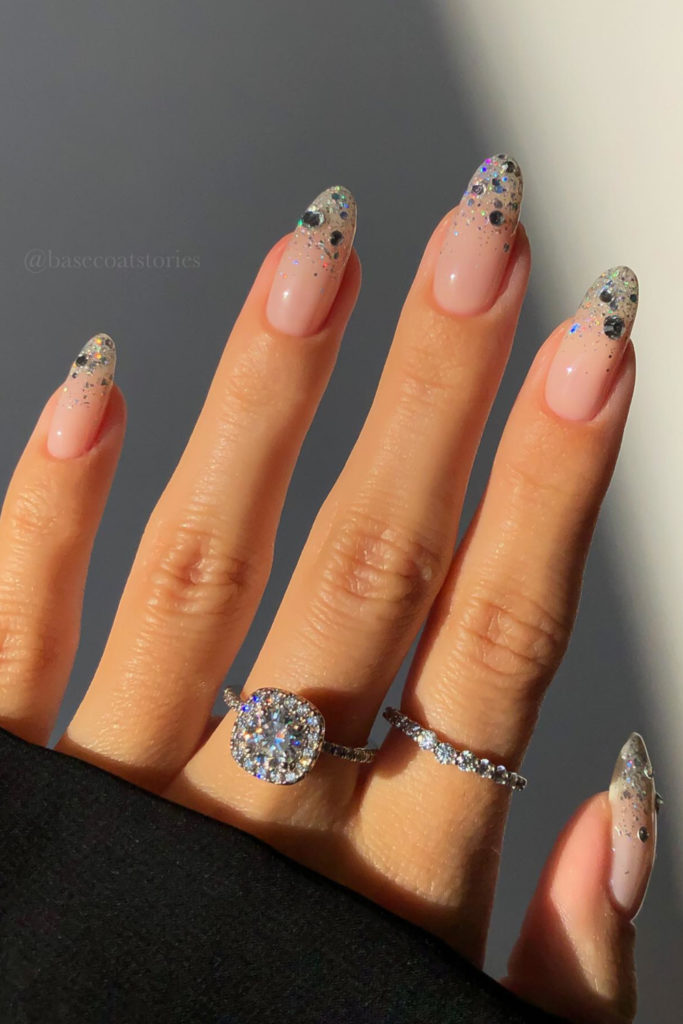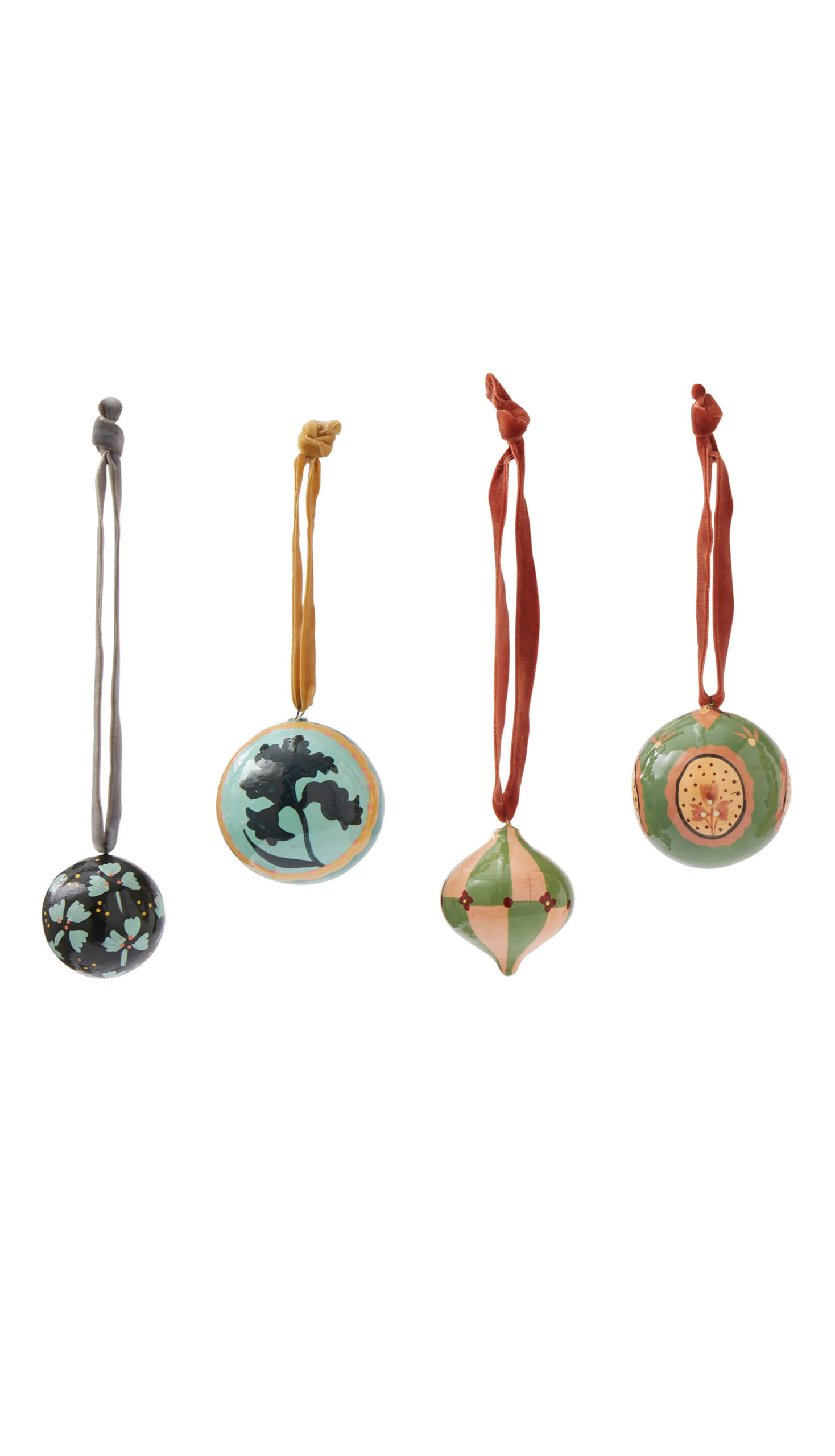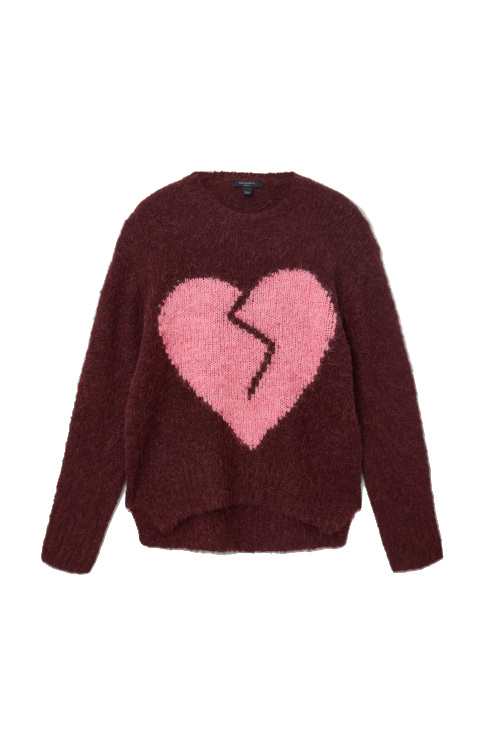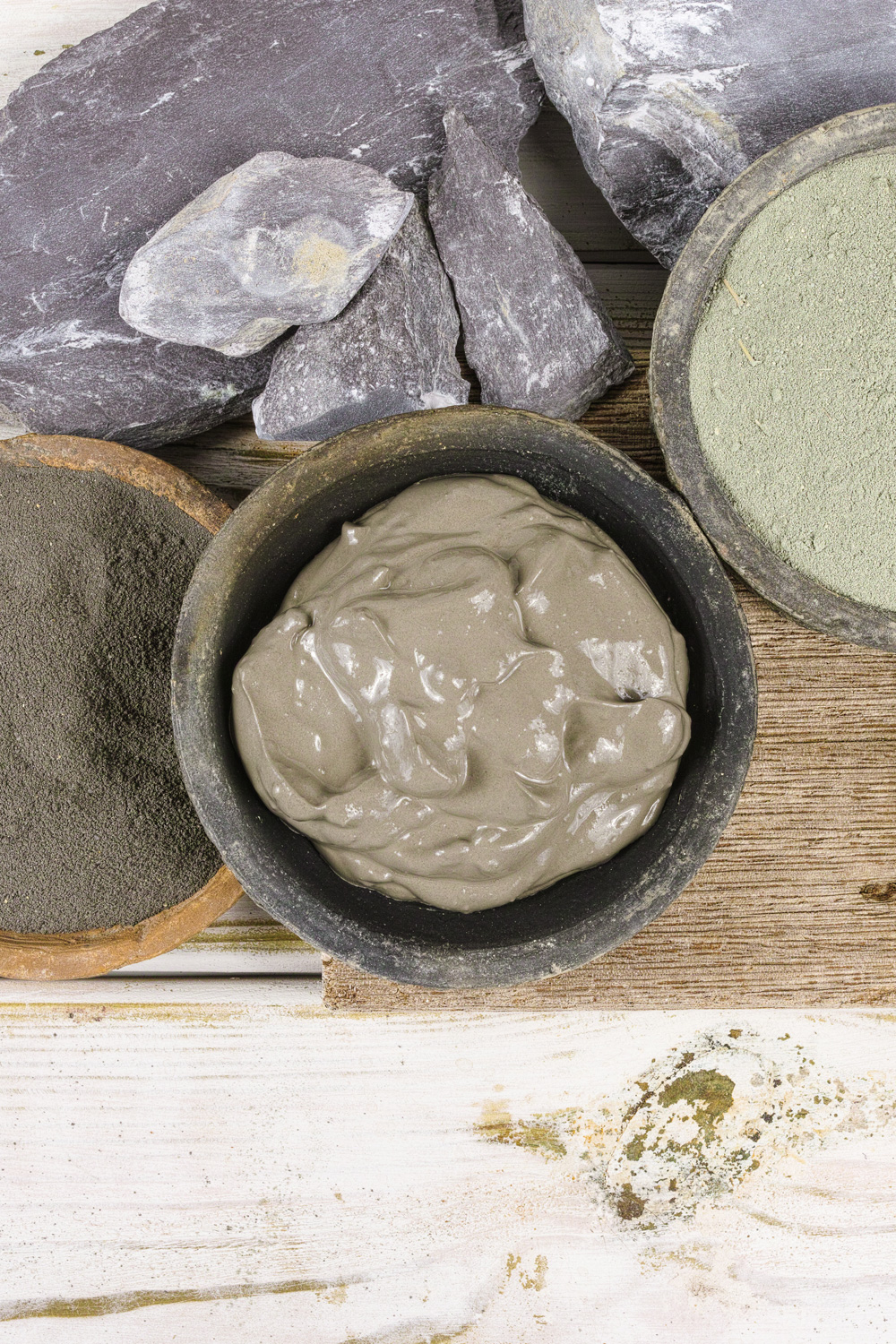
Could Ancient Clay Be The Secret To Gut Health?
By
12 months ago
New research reveals the benefits of 2,500-year-old Lemnian Earth
Anyone who watched Horrible Histories as a child will know that we don’t tend to take health advice from ancient civilisations. Often, their medical practices were grisly and ineffective – bloodletting, drinking ‘corpse medicine’ made of human flesh, sleeping with skulls and preventing their wombs from wandering off by having children. Yet a new study shows that they got one thing right.
A type of clay found on the Greek island of Lemnos, known as Lemnian Earth, was used medicinally for thousands of years to treat all kinds of ailments, from digestive issues to poisoning. It was usually consumed as a pellet or powder, drunk with wine or mixed with botanicals – a kind of ancient ibuprofen. You can dismiss this as ancient ‘woo woo’ if you like but recent research has found that it might actually work. Could Lemnian Earth hold the answer to better gut health?
Ancient Clay May Support Gut Health, Says Study
Researchers have analysed historical samples of Lemnian Earth and compared them with local clays, looking at their composition, bioactivity and microbial load. While the clay’s mineral composition closely matched natural clays like smectite and kaolinite, the historical samples contained traces of beneficial fungi which were absent in other clays, suggesting that it was deliberately created this way.
Dr Effie Photos-Jones, a lead investigator on the project, told The Times that ‘ancient texts mention a “blessing” ritual involving wheat and barley, suggesting that these grains – often infected during storage with certain fungi – might have been intentionally added. Speculating on this led, to our knowledge, to the first ever attempt to establish the presence and nature of microorganisms (bacteria, fungi) within ancient mineral therapeutics.’
Experts also found that when these fungi interacted with the clay, they created bioactive compounds which could kill harmful bacteria, increase the diversity of gut bacteria, and boost the production of fatty acids, reducing inflammation – at least in the mice they tested it on.
The research paper concluded that the clay may support gut health. ‘Our data provides a potential mechanism by which fungus+clay co-cultures may be a valuable tool for manipulating the microbiota to prevent the progression of inflammatory diseases, and perhaps also limit intestinal infections; it therefore suggests avenues for the further development of ancient [Lemnian Earth’s] potential in a 21st century context.’
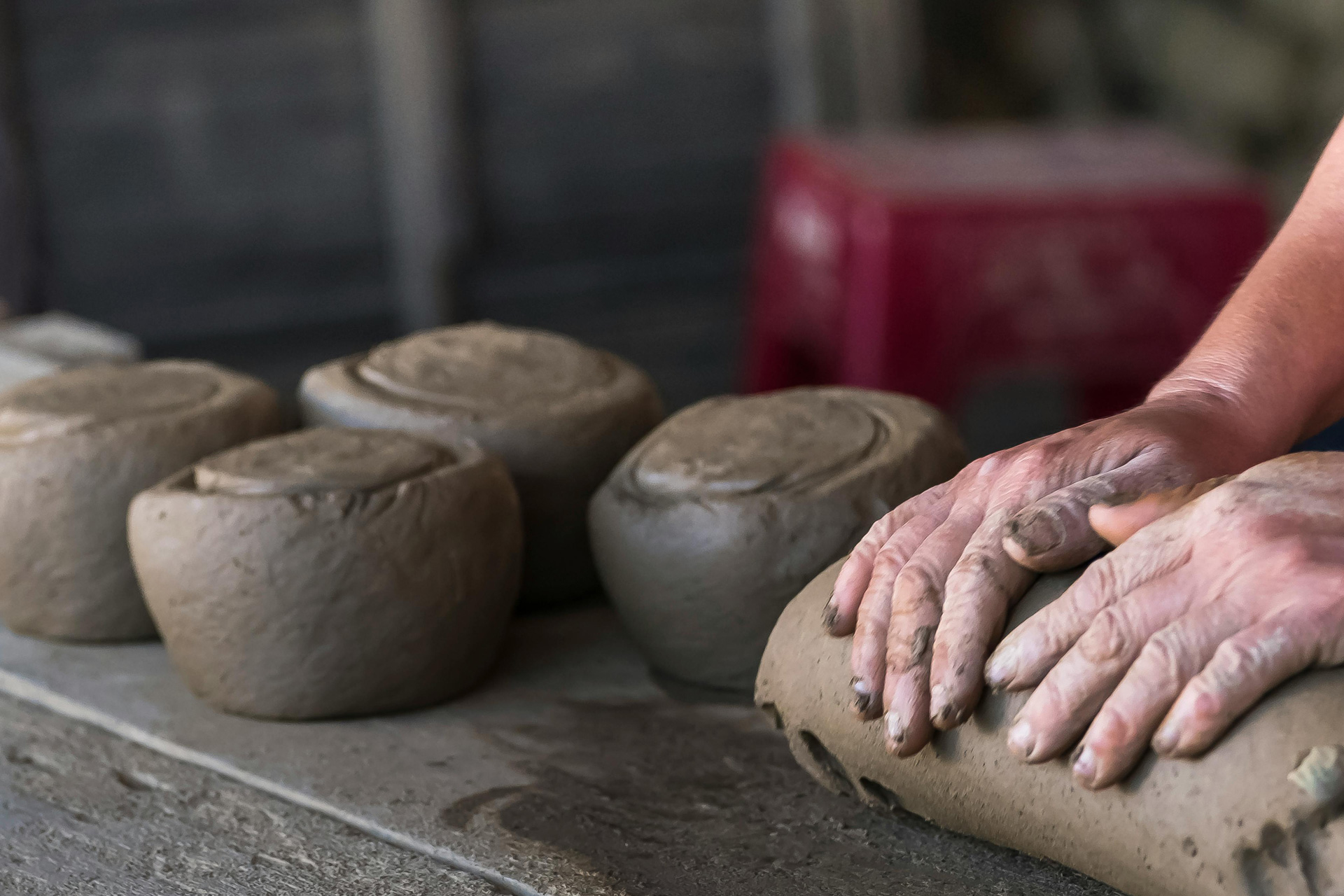
Pexels
Other Clays With Health Benefits
Wyoming Bentonite Clay
Bentonite clay is traditionally used to detox the kidney and liver, treat digestive issues like IBS and soothe irritated skin. It is thought to bind with toxins in the digestive system, inactivating them, and its ability to absorb water is also believed to improve digestion. Although the scientific evidence to support its use is limited, one review determined that it was worth investigating further.
Kisameet Glacial Clay
Research has shown that Kisameet glacial clay, found in Canada, could have useful antibacterial properties. When its composition was analysed, scientists found a surprising diversity of bacteria – over 300 different species – meaning it could offer a future solution to our dwindling supply of antibiotics. It has already been used for many years by indigenous people as a natural medicine.
Jordanian Red Clay
Red soils from Jordan have been used to treat skin infections like diaper rash and there are many stories of its benefits. Scientific studies have also shown that these soils can rapidly kill harmful bacteria, but sterilized red soils did not have the same antimicrobial effect, suggesting that the killing power comes from living bacteria in the soil. More research is required, but scientists are hopeful that Jordanian red clay could help treat infections in the future.
The Final Word
Although the science remains in its early stages, this research is promising for the future of gut health and antibiotic development. It also shows that not all ancient health cures were baseless – one day you might be popping clay pills like the ancient Greeks were.






